It’s feels right to talk about sex scenes in novels seeing that we are in the month of love. So I took to Facebook the other day and asked: Why do African writers suck at writing sex scenes? The intent was not to make offensive generalizations but simply to draw attention to the culture of silence in African literature around sex as a tool for constructing fictional lives.
No one was surprised when Ben Okri won the Bad Sex in Fiction Award two years ago, [see here]. He confirmed an aspect of African fiction that everyone had always thought but never expressed—the fact that African novelists are not at their best when they attempt to represent moments of sexual intimacy.
Of course, there are exceptions. Sudanese novelist Tayeb Salih’s 1966 novel, Seasons of Migration to the North, has some of the most powerfully evocative erotic moments you’ll ever find in print [read here]. There is the not-so-sensual but memorable scene in Buchi Emecheta’s Joy of Motherhood [read here]. Mongo Beti has an endlessly hilarious scene of an apprentice priest doing it for the first time with his friend’s girlfriend [read here]. It is also worth mentioning that there are contemporary projects like the Jalada sex issue [see here] that have taken to challenging the aesthetics of silence around sex in African fiction.
In spite of all this scattered examples, any good reader of African literature knows that African writers are reluctant to give readers access to a character’s sex life. And even when they try to, they don’t always do the best job of it.
Keeping the sex life of a character closed off or depicting it in a stilted and perfunctory manner is an aesthetic practice that is worth interrogating. Are there cultural reasons for this? If it is an aesthetic choice, what is the rationale behind it?
My Facebook question received some interesting responses. But Emma Shercliff, the editing genius behind the Ankara romance series, thought it would be a good idea to seek out the opinions of experts. We rounded up Ankara Press’s romance squad and asked them why they thought African writers were not keen on writing about sex. These women inspire and entertain us with the some of the most beautiful stories about love and romance. They, more than any one else, have had to think about what makes a sex scene a hit or a miss or what writing sex means within the context of African storytelling.
I’m delighted to share with you Amina Thula, Chioma Iwunze-Ibiam, Sifa Asani Gowon, Aziza Eden Walker, Ola Awonubi, and Amara Okolo responses to the question: Why do African writers suck at writing sex scenes?
Amina Thula, author of Girl Next Door
ENCOUNTER: Most probably for the same reasons readers feel uncomfortable reading them. Romance and sex are personal. Everyone has their own idea of what’s sexy and what’s not sexy. Whether a sex scene is good or not is subjective. It is not an indication of the writer’s writing. We must also remember scenes are driven by the characters. Their chemistry and personalities will dictate the encounter. So another possibility is that the sex is bad because the characters suck at it or it feels awkward because their chemistry is not powerful enough to pull off the scene properly. My advice to writers who are conservative or whose readers are: rather steer clear of sex scenes or just hint at them. Intimate scenes are nice but are unnecessary, even in romantic fiction. For my own reasons, if I had believed my manuscript stood a chance to be accepted I would have removed or watered down the sex scenes in The Elevator Kiss before I submitted it.
LANGUAGE: Sex scenes are tricky. Sexy sex scenes are downright difficult to write. You risk either sounding ridiculous or outright crass. My personal challenge is that English is not as romantic as I would like it to be. I think I might possibly do a better job writing sex scenes in isiXhosa. The language is raw, playful and metaphoric, some major (animalistic) heat could be conjured. The bonus is there are many nice ways to describe how ‘his shaft’ lit up ‘her place of gold’ that wouldn’t leave me feeling silly. Naming and describing body parts in English is the worst. I mean what is romantic about a ‘rod’? Ugh… just saying it is a turn-off. Yeah I know I just said that and yes, you can anticipate a rod sliding in and out of a honeypot as well as a shaft lighting a place of gold in my next book.
Chioma Iwunze-Ibiam, author of Finding Love Again
Every scene in a piece of writing must reflect the characters’ personalities, and their motives and their beliefs. In crafting the love scenes in Finding Love Again, I considered Kambi’s raw emotional state and acknowledged that being a logical woman, she would prefer intimacy to sex. Most readers regarded that as a source of conflict and intrigue. They wanted to know if, when and how she would give in to Beba’s advances. And so the internal conflict worked in that sense. It seemed to spice up the romance and foster trust between the hero and heroine. It is the reality of many Nigerian women, this adoption of self-preservation and conservatism while recovering from a terrible break up.
Sifa Asani Gowon, author of A Taste of Love
I don’t think it’s so much that African writers ‘suck’ at writing sex scenes as that many simply do not want or feel obligated to write them. Period. Not all stories need sex scenes to ‘spice’ them up and it has been my observation that sometimes sex scenes are used to cover up a weak plot or characters. Writers have varying reasons for not writing sex scenes ranging from their personal beliefs and preferences to the fact that after creating characters, one almost feels they are real and writing a sex scene may seem almost intrusive! In the end though, I suppose it is all about preference and necessity and there is nothing clumsier than a ‘forced’ sex scene in a book, in my opinion.
Aziza Eden Walker, author of The Seeing Place
I’m sorry, are you kidding?? Please read A Tailor-Made Romance or Black Sparkle Romance! HOT HOT HOT. These ladies will show you how to do it (excuse the pun). In my book The Seeing Place, the heroine is sexually assertive and initiates all the time. But he’s a gentleman, he’s like, “Tell me now if you want me to stop.” She says, “I’ll kill you if you stop.” African writers are having great fun putting it all together – the passion, the conflict, the need. The over-powering love. It makes for a great read. There are as many ways of writing about sex as there are of having it! I think every story in this genre is driven by the question ‘When are they going to get it together?’ (and how) and you have to satisfy the reader! More than! You have to delight and surprise. That’s why we read romance.
Ola Awonubi, author of Love’s Persuasion
Maybe they suck at writing sex scenes and are more interested in righting the world by talking about corrupt regimes and poverty stricken children. Maybe they feel it is better kept to the imagination behind closed doors than have it picked apart and disseminated by embarrassed reviewers, their boss, best friends and their elderly mum. Maybe they feel their the story is stronger without sex scenes? We have all read a beautiful scene in a book where the sex scene read more like a manual than a journey of discovery. My character Ada in ‘Loves Persuasion’ told her boyfriend Tony that she didn’t want them to end up as her other relationships had done because she felt sex just confused things and made her stay in a relationship headed nowhere. As an enpowered African woman she dictated the pace of things and wanted to see more commitment on his part before things progressed. That was her choice. Just like the writer – to include or not to include. Its like sugar and tea. Some like their tea with sugar. Others like it without. As long as it’s good tea. Who cares? Ankara’s wide readership is testament to the fact that all the stories have appeal to someone out there. With or without the sex scenes.
Amara Okolo, author of Black Sparkle Romance
“Fear. That’s just it.
African writers who suck at writing sex scenes do so because they are afraid–maybe because of morals or because at the moment they may feel uncomfortable– and they let that fear rule their imagination and it hinders that imagination from running wild and having a mind of its own.
I’ll use myself for an example–I, too was afraid at first. The sex scene in Black Sparkle Romance was the last scene I wrote into the book and that was because it wasn’t initially there. At first I didn’t plan writing in a sex scene because when I tried to, it just looked badly written, forced, ridiculous and very hilarious to be honest. Then the editor told me that the book “begs” for a sex scene due to the intimacy already shared among the characters, and there was no way I could avoid it. So I had no choice but to write it in.
And it wasn’t easy! But then I just let my imagination run wild. I gave it a mind of its own…I let myself out of my comfort zone, and just let the scene take control of the story. And yes…I had to do all this by going to an environment that had love around it—a restaurant with a mini-bar, and about a dozen couples seated around me. So basically, love was in the air!
As a writer, your faith, morals and all could want to restrain you while writing certain scenes. This is understandable. But sometimes for the sake of creating a believable, amazing story, you have to put all this aside for a while and let the story, the characters and the scene come alive and take control. Literally speaking, “letting your guard down” is all you need.
*********
Post image by tanakawho via Flickr


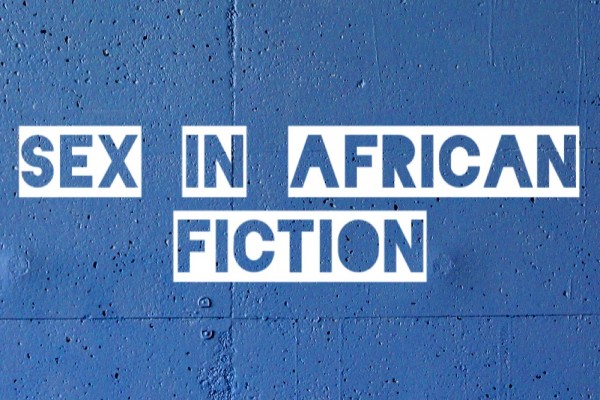
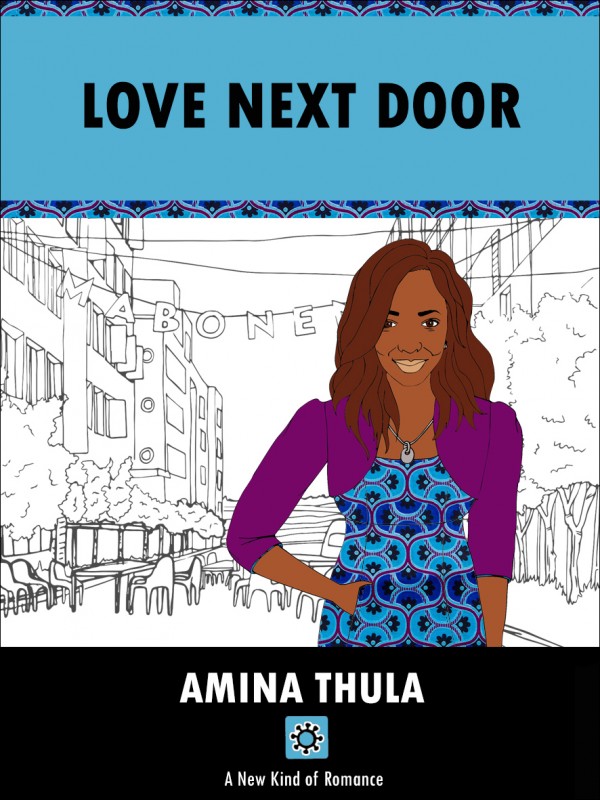
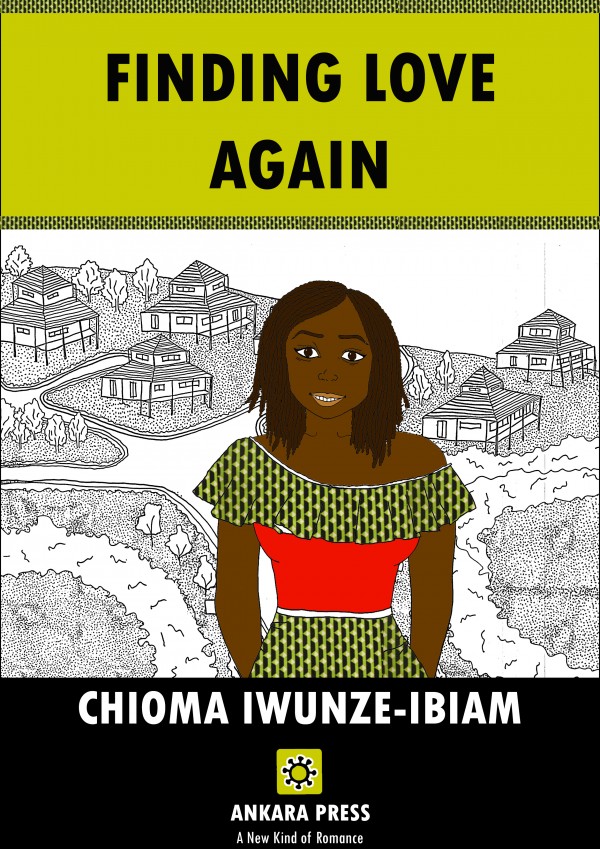
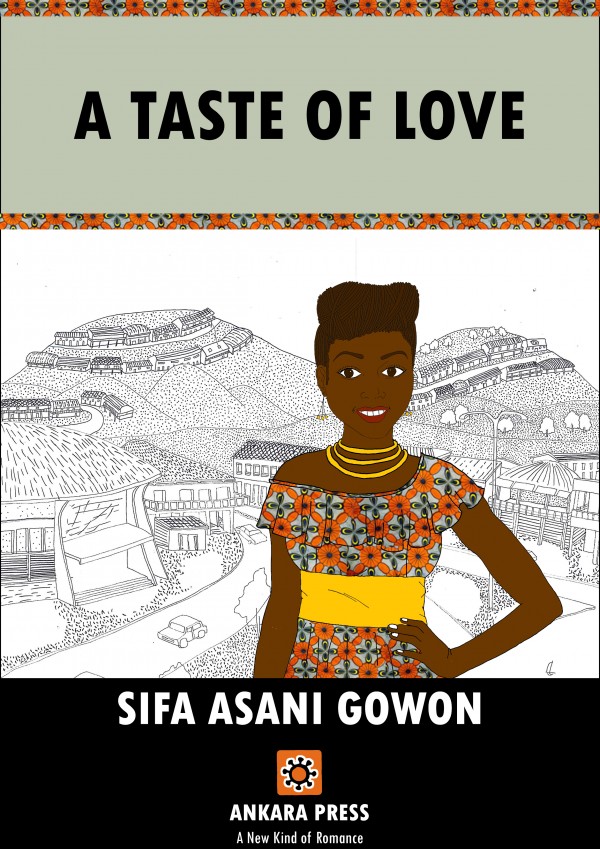
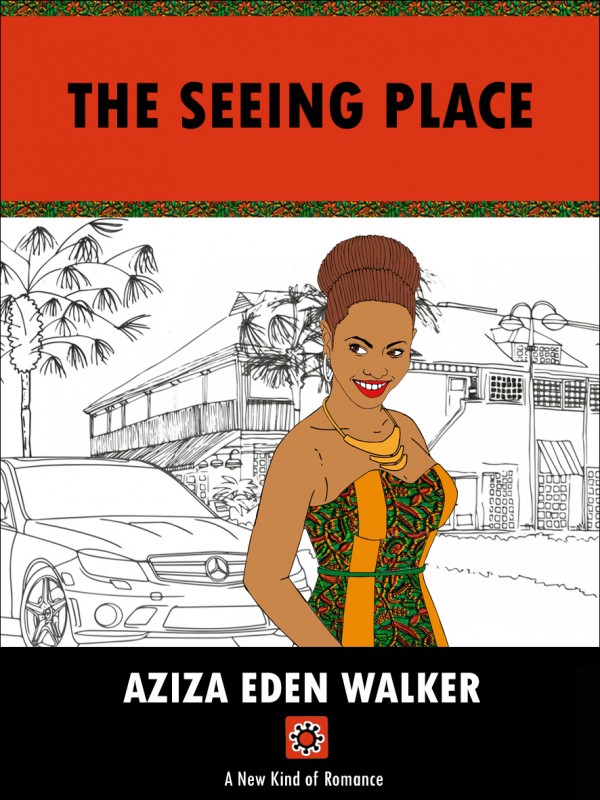
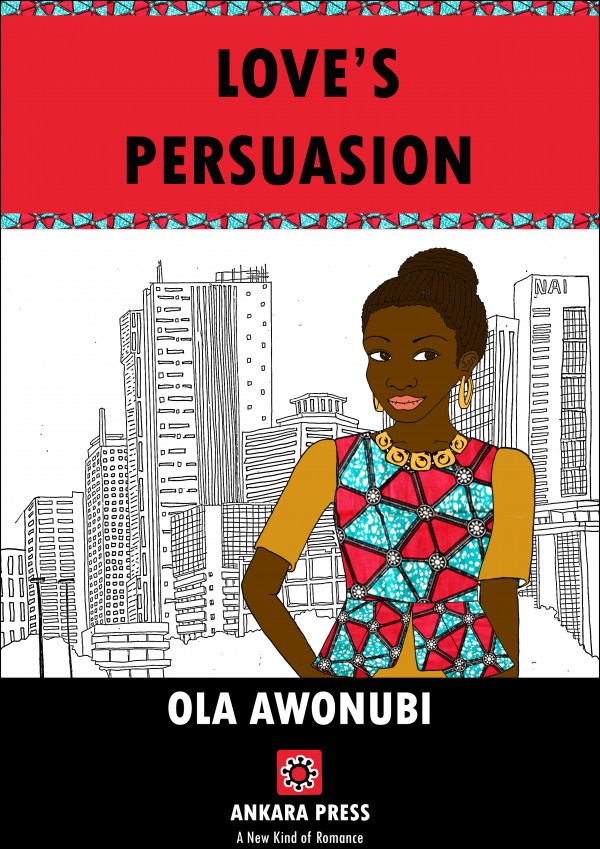
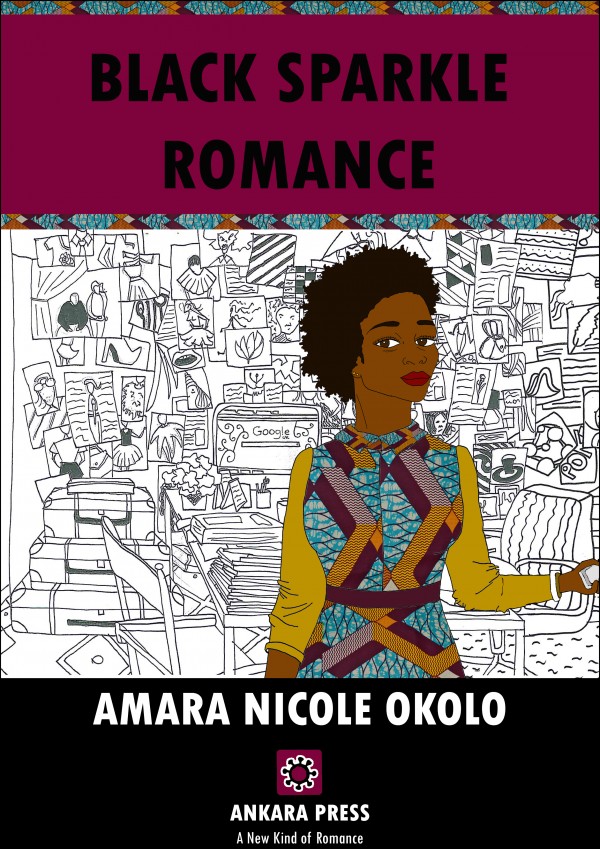







Ogoo November 08, 2019 07:02
Wow! What an amazing read of arguments and counter-arguments. I think it has to do with the African society which frowns on 'open discussion' of sexy subjects. In film school, I was the guy that pitch stories with sex scenes and my colleagues and professors dislike it. However, a close look at their lives will rival the plot of the best erotic writers. Thank goodness, I have graduated. It's time to put my pen where my heart is - sexy African stories.